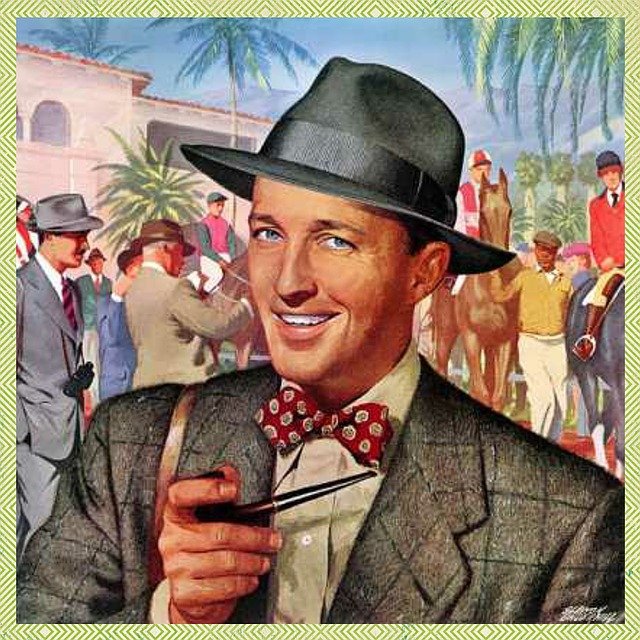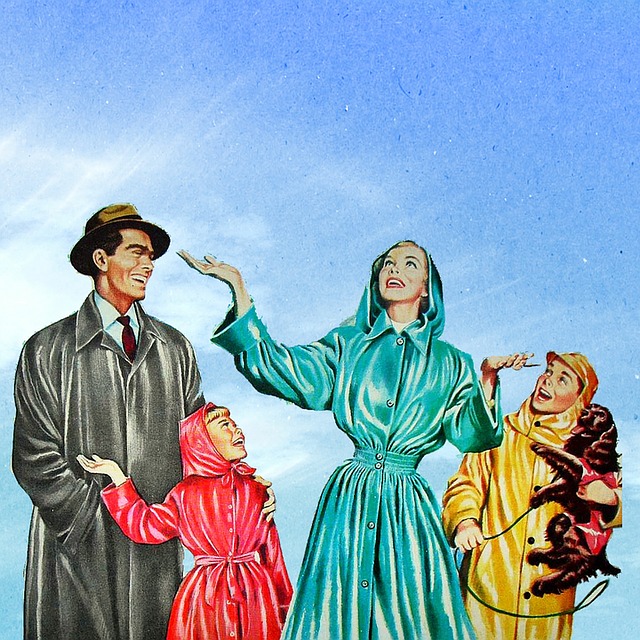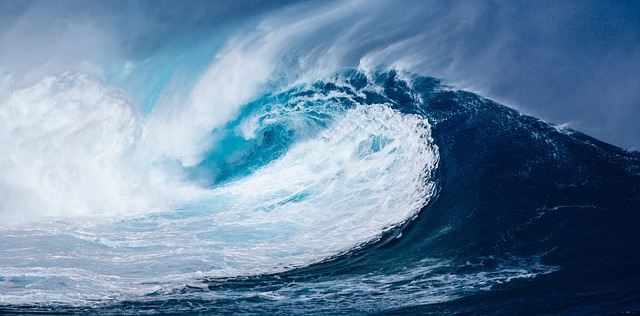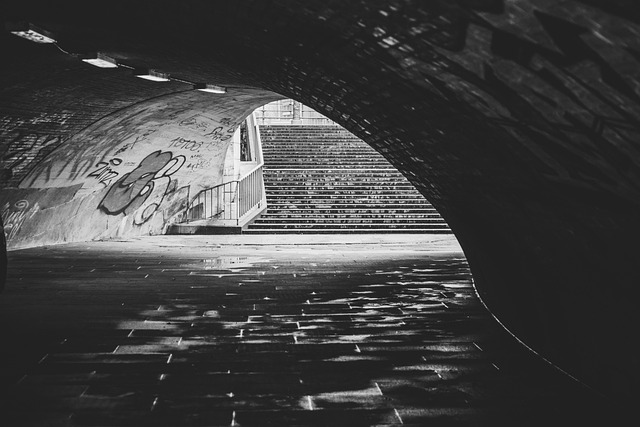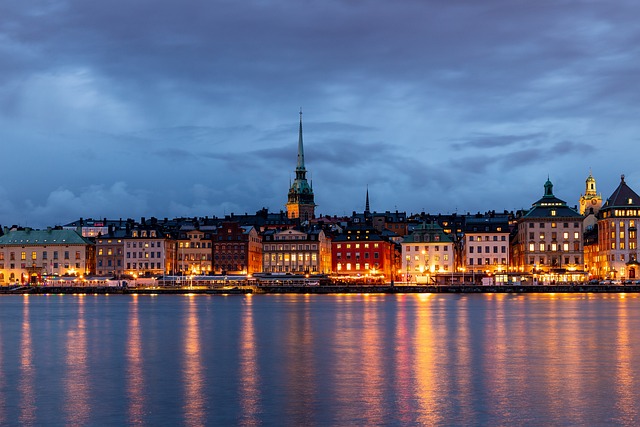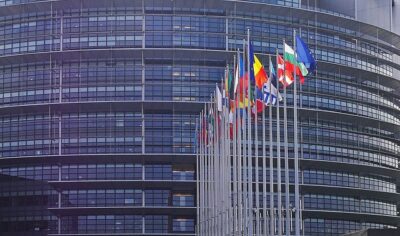 Our democratic systems are almost untouchable. Anyone who criticises democracy is definitely not on the right level. Democracy is the only political system, with all its faults and shortcomings, there is nothing better. Most people agree on this. And there are even people who would risk their lives and go to war to spread democracy all over the world.
Our democratic systems are almost untouchable. Anyone who criticises democracy is definitely not on the right level. Democracy is the only political system, with all its faults and shortcomings, there is nothing better. Most people agree on this. And there are even people who would risk their lives and go to war to spread democracy all over the world.
At the same time, democracy didn’t even pass its first test – even when universal and equal suffrage was launched in the early 20th century, it was put to several difficult tests. These were political parties that were not democratic themselves, but ran in democratic elections to gain attention, power and votes. Once they gathered enough influence, they abolished the democracy they had used to get to their position.
The weakness
The major weakness of democracy is that it can give room to undemocratic forces, whether socialist or fascist, to use the democratic system to abolish it.
The solution
Only by censoring and banning undemocratic ideas can democracy survive.
The paradox
But censorship and the banning of opinions do not belong in a democracy. This is something of a paradox.
The challenge
Who should decide what is undemocratic or not?
Accusing political opponents of being undemocratic could become a malicious tool if all those deemed undemocratic were censored.
If censorship and opinion control were introduced, undemocratic forces would no longer be open about their views. They would go underground and perhaps even mask themselves as democratic.
At the risk of destabilising the whole system, until nobody knew who was a democrat and who wasn’t, with everyone finally appearing dubious.
Difficult questions, but is it even relevant; have we not passed this stage?
Or maybe we are in the middle of it.

